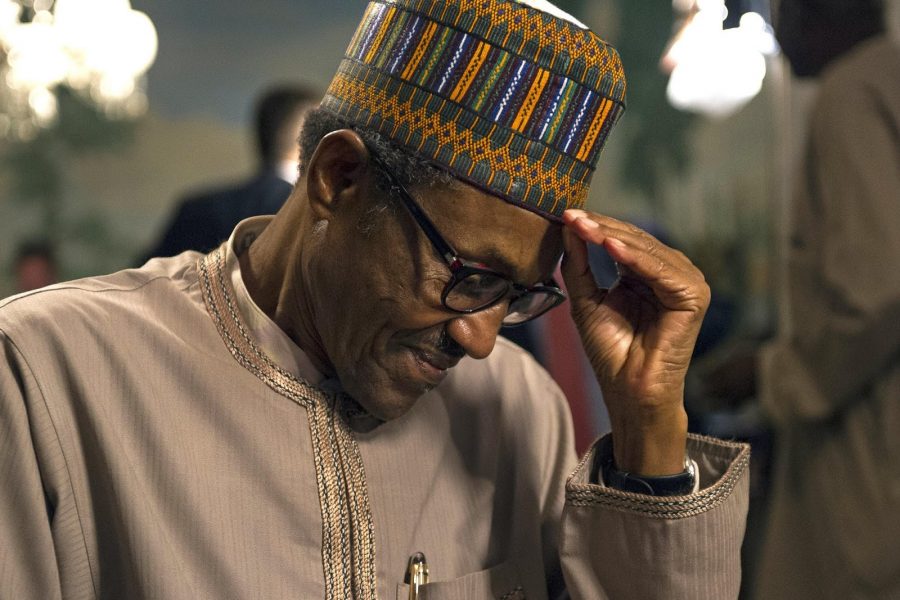Nigeria’s Gross Domestic Product (GDP) contracted by 3.62% in the third quarter of 2020, officially indicating that Nigeria has fallen into recession as the oil sector dipped by 13.89% (year-on-year) in real term.
Highlights
- The contraction in the oil sector represents 7.26% points lower than the growth recorded in the previous quarter (Q2 2020, -6.63%) while the non-oil sector contracted by 2.51% in the review quarter.
- The sector contributed 8.73% to total real GDP in Q3 2020, down from 9.77% and 8.93% respectively recorded in the corresponding period of 2019 and the preceding quarter, Q2 2020.
- The average daily oil production recorded in the third quarter of 2020 stood at 1.67 million barrels per day (mbpd), or 0.37mbpd lower than the average production recorded in the same quarter of 2019 and 0.14mbpd lower than the production volume recorded in the second quarter of 2020.
- On the other hand, The non-oil sector grew by –2.51% in real terms during the reference quarter, which is –4.36% points lower than the rate recorded in Q3 2019 but 3.54% points higher than in the second quarter of 2020.
- In real terms, the non-oil sector contributed 91.27% to the nation’s GDP in the third quarter of 2020, higher than its share in the third quarter of 2019 (90.23%) and the second quarter of 2020 (91.07%).
The performance of the Nigerian economy in the third quarter of 2020 reflected residual effects of the restrictions to movement and economic activity implemented across the country in early Q2 in response to the COVID-19 pandemic.
READ: Nigeria needs to spend $3 trillion in over 30 years to bridge infrastructural gap – Moody’s Report
However, as these restrictions were lifted in the third quarter, businesses re-opened and international travel and trading activities resumed, some economic activities have returned to positive growth, as 18 economic activities recorded positive growth in Q3 2020 as against 13 activities in Q2 2020.
READ: Nigerian economy slips into recession as GDP contracts by 3.62% in Q3 2020
What this means
- The latest figures show that the Nigerian economy has officially slid into recession after enduring contractions for two consecutive quarters. A situation largely attributed to the lockdown procedure implemented across the country as a measure to curb the spread of the COVID-19 pandemic.
- The country will hope to bounce back from this economic recession as fast as possible so as to stimulate economic growth in the coming quarters.
